Fiction > Erotica
Description
by Jacques Casanova de Seingalt (Author), Arthur Machen (Editor, Translator)I will begin with this confession: whatever I have done in the course of my life, whether it be good or evil, has been done freely; I am a free agent.
The doctrine of the Stoics or of any other sect as to the force of Destiny is a bubble engendered by the imagination of man, and is near akin to Atheism. I not only believe in one God, but my faith as a Christian is also grafted upon that tree of philosophy which has never spoiled anything.
I believe in the existence of an immaterial God, the Author and Master of all beings and all things, and I feel that I never had any doubt of His existence, from the fact that I have always relied upon His providence, prayed to Him in my distress, and that He has always granted my prayers. Despair brings death, but prayer does away with despair; and when a man has prayed he feels himself supported by new confidence and endowed with power to act. As to the means employed by the Sovereign Master of human beings to avert impending dangers from those who beseech His assistance, I confess that the knowledge of them is above the intelligence of man, who can but wonder and adore. Our ignorance becomes our only resource, and happy, truly happy; are those who cherish their ignorance! Therefore must we pray to God, and believe that He has granted the favour we have been praying for, even when in appearance it seems the reverse. As to the position which our body ought to assume when we address ourselves to the Creator, a line of Petrarch settles it:
'Con le ginocchia della mente inchine.'
Man is free, but his freedom ceases when he has no faith in it; and the greater power he ascribes to faith, the more he deprives himself of that power which God has given to him when He endowed him with the gift of reason. Reason is a particle of the Creator's divinity. When we use it with a spirit of humility and justice we are certain to please the Giver of that precious gift. God ceases to be God only for those who can admit the possibility of His non-existence, and that conception is in itself the most severe punishment they can suffer.
Man is free; yet we must not suppose that he is at liberty to do everything he pleases, for he becomes a slave the moment he allows his actions to be ruled by passion. The man who has sufficient power over himself to wait until his nature has recovered its even balance is the truly wise man, but such beings are seldom met with.
The reader of these Memoirs will discover that I never had any fixed aim before my eyes, and that my system, if it can be called a system, has been to glide away unconcernedly on the stream of life, trusting to the wind wherever it led. How many changes arise from such an independent mode of life! My success and my misfortunes, the bright and the dark days I have gone through, everything has proved to me that in this world, either physical or moral, good comes out of evil just as well as evil comes out of good. My errors will point to thinking men the various roads, and will teach them the great art of treading on the brink of the precipice without falling into it. It is only necessary to have courage, for strength without self-confidence is useless. I have often met with happiness after some imprudent step which ought to have brought ruin upon me, and although passing a vote of censure upon myself I would thank God for his mercy. But, by way of compensation, dire misfortune has befallen me in consequence of actions prompted by the most cautious wisdom. This would humble me; yet conscious that I had acted rightly I would easily derive comfort from that conviction.






 "
"








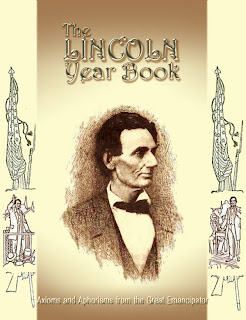
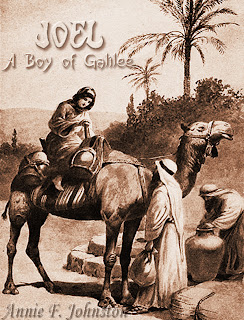

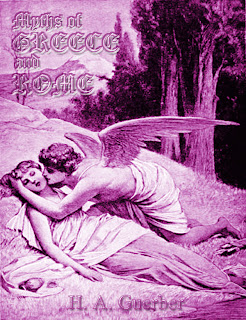
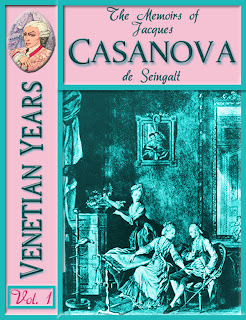


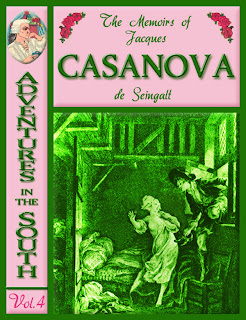


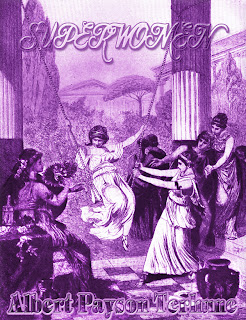


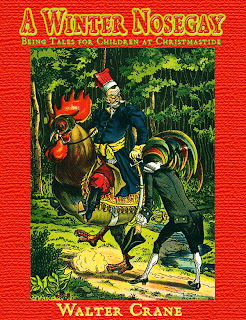
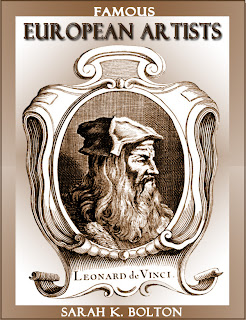

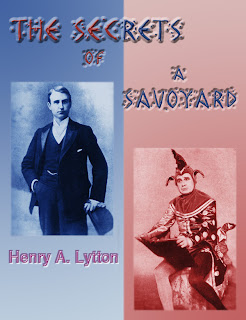
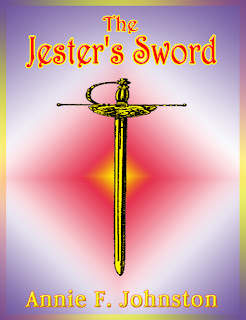





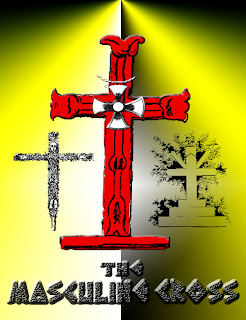
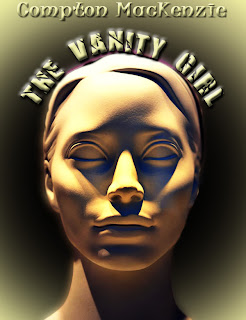


 9:23 PM
9:23 PM
 BookNet
BookNet


















